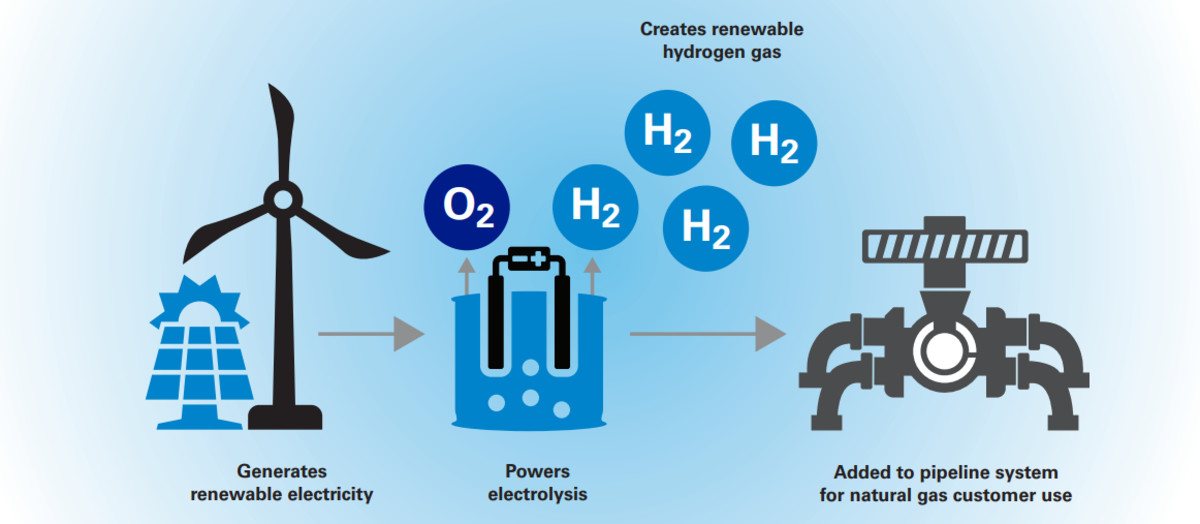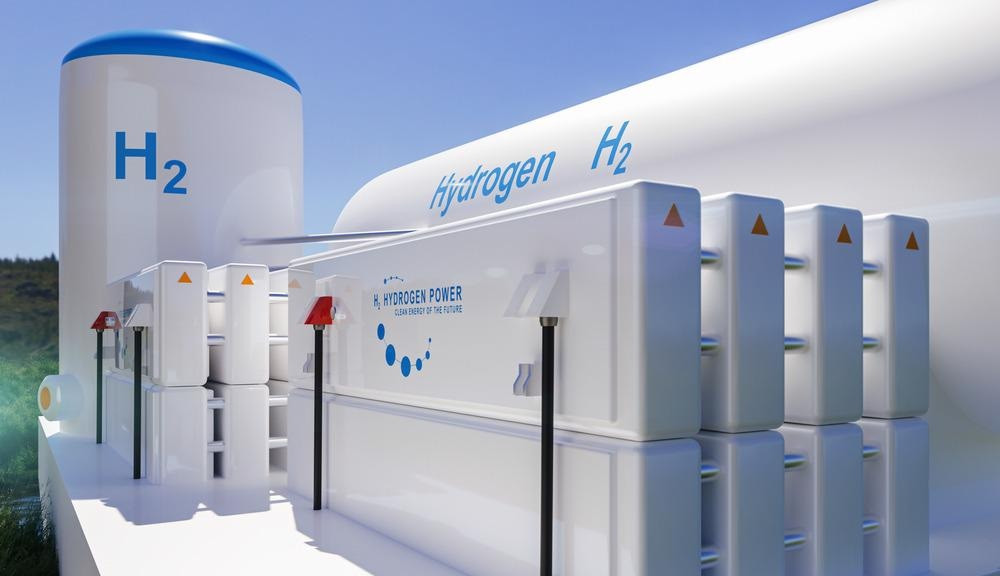Singapore aims to peak carbon emissions by 2030 and achieve net-zero emissions by 2050. To reach this goal, the power sector continues to push forward in decarbonising its energy supply and transforming its fuel mix through multiple pathways, including exploring hydrogen as a promising low-carbon alternative.
Hydrogen is considered a clean fuel as its combustion produces water as a by-product, unlike fossil fuels, which release carbon dioxide when burned.
But is hydrogen as clean as it seems? If hydrogen is such an environmentally friendly option, why is it not used for power generation just yet? Here’s what you need to know about hydrogen and how Singapore is assessing its potential.
Hydrogen has the potential to meet up to 50% of Singapore’s projected electricity demand by 2050.
For decades, hydrogen has been used in various industrial processes, such as refining feedstock and producing fertilizers for agriculture. In countries like China and Japan, it is increasingly used in the transportation sector to power heavy goods vehicles and passenger car.
Using hydrogen to produce electricity is not new either. There are established technologies such as gas turbines and fuel cells that run on hydrogen. Countries including Singapore are actively exploring its use for power generation.
The Challenges of Hydrogen
Clean hydrogen is produced through electrolysis of water using renewable energy sources like wind and solar.
However, large-scale production of clean hydrogen has not yet been established due to high investment and capital costs, along with the substantial resources needed for new infrastructure. Additionally, producing clean hydrogen is energy-intensive.
Cost Factor
At present, clean hydrogen is significantly more expensive than natural gas. While the costs of renewable energy like solar and wind have fallen in recent years, the technology for producing clean hydrogen is still in its early stages and involves high costs.
Moreover, due to Singapore’s limited land and lack of alternative clean energy sources, we will need to import most of our hydrogen needs. This adds to the cost, as supply chains and infrastructure must be developed in order to transport hydrogen from overseas.
Infrastructure and Transportation
Transporting hydrogen is also crucial for its use as a clean fuel for power generation. It can be transported as a gas through pipelines or in liquefied form by ship, similar to how liquefied natural gas is transported to Singapore. We could also combine it with a heavier molecule like nitrogen to create ammonia which is easier to transport.
Each method, however, has drawbacks. For instance, constructing or retrofitting infrastructure such as pipelines can be expensive. Converting hydrogen into ammonia and back again to hydrogen is both energy-intensive and costly. Current storage technology on vessels can also lead to substantial boil-off losses when transporting liquefied hydrogen.
Singapore's Approach to Hydrogen
Decarbonising the energy sector is crucial, and exploring all possible options, including hydrogen, is important. Although clean hydrogen is currently expensive, it remains a promising solution.
Regulatory Framework
EMA is also planning a study to develop the legislative and regulatory framework needed to support hydrogen adoption in the power sector. The study will help prepare us for large-scale hydrogen use in the future.
Research and Development
Singapore is also ramping up its research and development efforts to study the technologies needed for low-carbon hydrogen supply chains and end-use applications. Under the second phase of the Low-Carbon Energy Research initiative, $43 million has been awarded to six projects to under the Directed Hydrogen Programme to build capabilities in Singapore to utilise hydrogen safely and economically.
The Future of Hydrogen in Singapore
Hydrogen has the potential to be a significant component in Singapore’s energy mix as we move towards a net-zero future. While this depends on technological advancements and the international cooperation, we are preparing to seize the opportunity when it becomes economically viable.


















